Introduction
Is India Ready for Electric Vehicles ? The global shift towards electric vehicles (EVs) is gaining momentum, with many countries setting ambitious targets for EV adoption. India is no exception, with the government aiming to have 30% of all new vehicles sold in the country be electric by 2030.
Major players in the Indian electric vehicle industry
Several major players have entered the Indian electric vehicle industry, both domestic and international. Companies like Mahindra Electric, Tata Motors, Hero Electric, and Ather Energy are at the forefront of manufacturing and promoting electric vehicles in the Indian market. These companies are investing heavily in research and development to offer technologically advanced and affordable options to consumers.
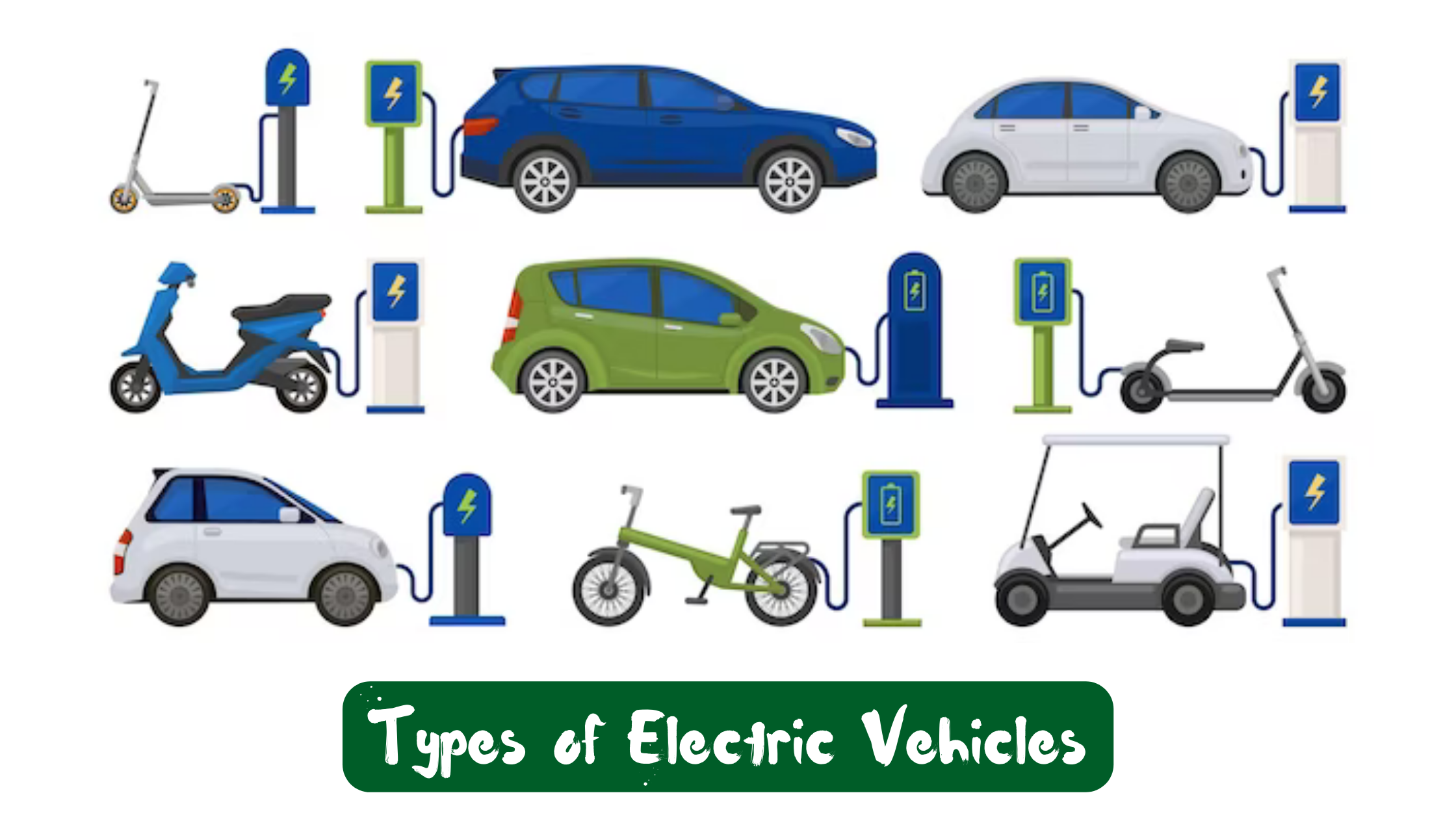
However, there are a number of challenges that need to be addressed before India can achieve this goal. These include:
Insufficient charging infrastructure: India currently has a very limited charging infrastructure for EVs. There are only about 15,000 public charging stations in the country, which is far from enough to meet the needs of a large-scale EV fleet.
High upfront costs: EVs are still more expensive than traditional gasoline-powered vehicles. This is due to the high cost of battery technology.
Consumer concerns about range anxiety: Many consumers are concerned about the range of EVs. They worry that they will run out of battery power before reaching their destination.
Lack of awareness about EVs: Many people in India are not aware of the benefits of EVs. They may not be aware of the government incentives available for buying EVs, or they may not be confident about the technology.
Despite these challenges, there are a number of factors that are working in favor of EV adoption in India. These include:
Government support: The Indian government is providing a number of incentives for buying and using EVs. These include subsidies, tax breaks, and exemptions from registration fees.Growing awareness about EVs: There is a growing awareness about the benefits of EVs among the Indian public. This is due to government campaigns, as well as the increasing media coverage of EVs.Declining battery costs: The cost of battery technology is declining, which is making EVs more affordable.Potential for job creation: The EV industry has the potential to create millions of jobs in India. This is due to the need for manufacturing, assembling, and servicing EVs.
Role of Renewable Energy
Integration of EV charging with solar energy
Integrating electric vehicle charging infrastructure with solar energy generation is a natural synergy that can further enhance the sustainability of electric vehicles in India. By leveraging solar power for charging stations, EV owners can embrace a truly clean and renewable energy solution. Such integration would require collaboration between solar power companies, charging infrastructure providers, and relevant government agencies to design and implement effective solutions.
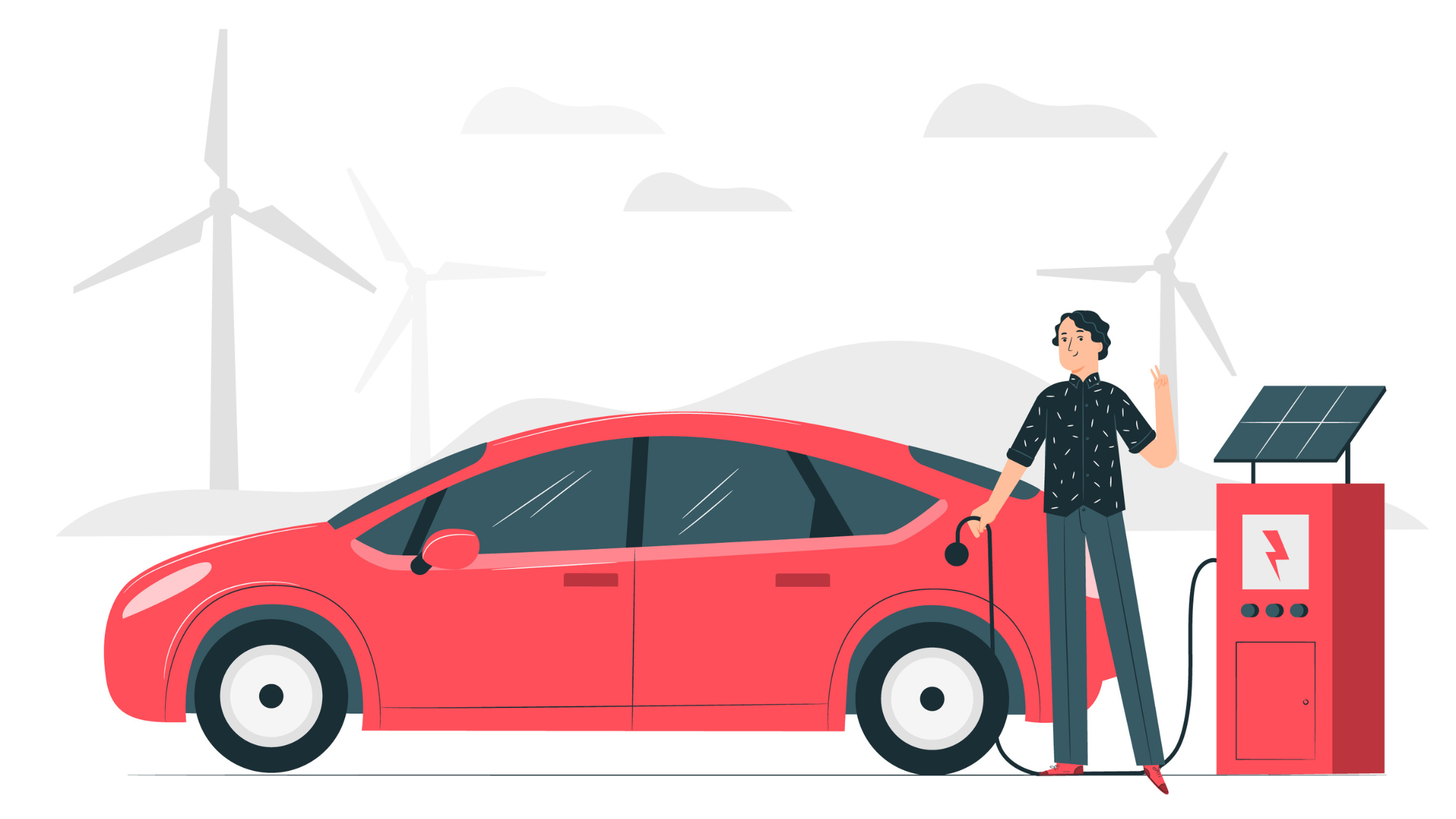
Electric Vehicle Maintenance and Service
Availability of trained technicians and service centers
As the number of electric vehicles on the road increases, ensuring the availability of trained technicians and service centers becomes imperative. Unlike traditional vehicles, electric vehicles require specialized knowledge and skills for maintenance and repair. Developing training programs and certification courses for technicians, coupled with the establishment of dedicated service centers, will provide the necessary support for EV owners and ensure the longevity and reliability of electric vehicles.
International Case Studies
Lessons from successful EV adoption in other countries
Several countries have successfully embraced electric vehicle adoption and can serve as valuable case studies for India. Countries like Norway, the Netherlands, and China have implemented comprehensive policies, financial incentives, and infrastructure development strategies to support the growth of the electric vehicle market. Understanding and adopting the best practices from these countries will provide valuable insights for India’s electric vehicle journey.
Challenges faced by similar economies
India is not alone in facing challenges related to the adoption of electric vehicles. Similar economies with vast populations and complex transportation systems have encountered similar obstacles. By studying the challenges faced by countries like Brazil, Indonesia, and Mexico, India can learn from their experiences and devise appropriate strategies to overcome common hurdles in the adoption of electric vehicles.
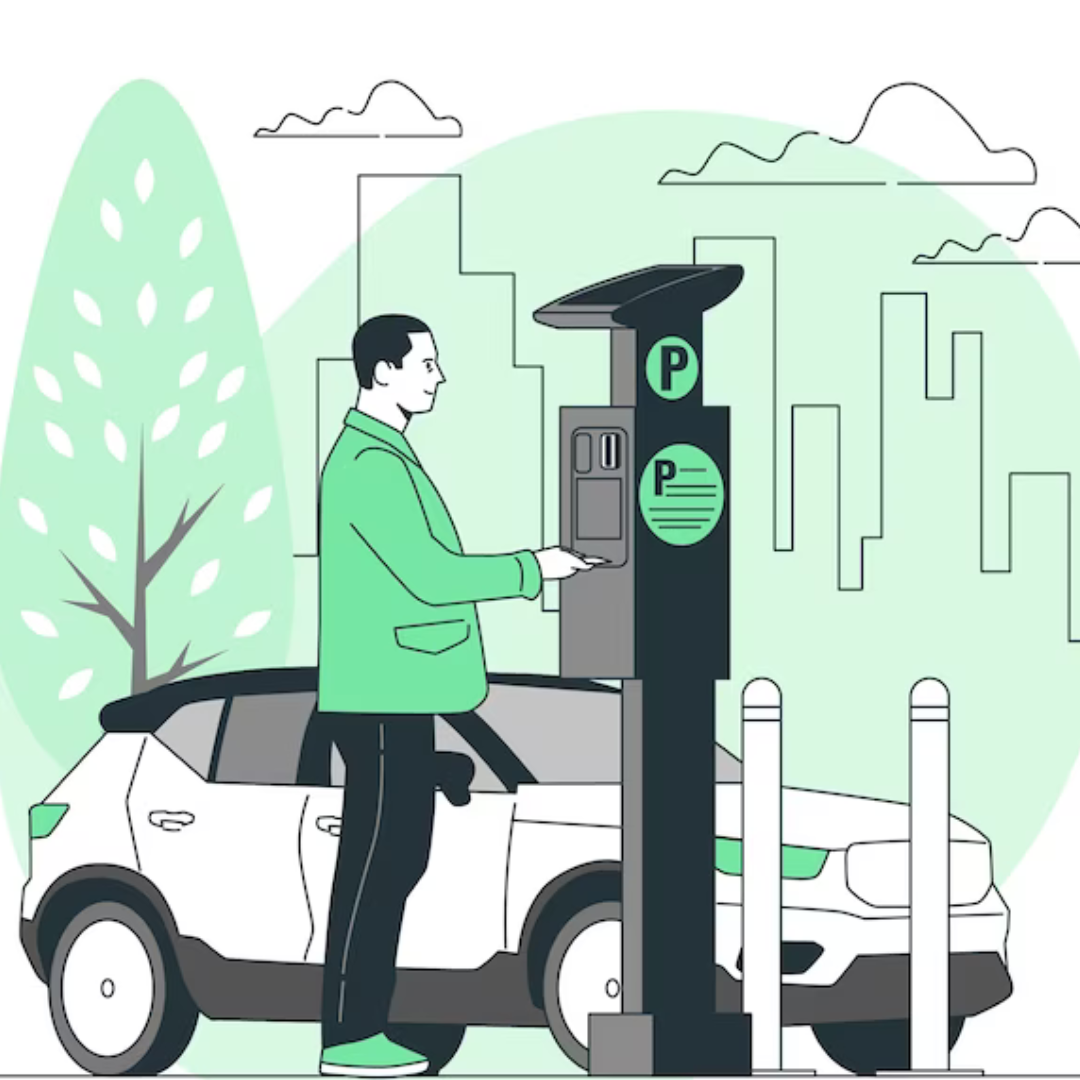
Conclusion
Is India Ready for Electric Vehicles ? Overall, the outlook for EV adoption in India is positive. However, there are a number of challenges that need to be addressed in order to achieve the government’s target of 30% EV sales by 2030. These challenges can be overcome with the right policies and investments.
FAQs about electric vehicles in India:
What are the current incentives for buying electric vehicles in India?
The Indian government offers a number of incentives for buying electric vehicles, including:
* Subsidy of up to INR 1.5 lakh (US$20,000) for electric cars
* Exemption from registration fees
* Reduced road tax
* Tax benefits for corporate buyers
How long does it take to charge an electric vehicle?
The charging time for an electric vehicle depends on the size of the battery and the type of charger. A fast charger can charge an EV in about 30 minutes, while a slow charger can take several hours.
Can electric vehicles really reduce pollution in India?
Yes, electric vehicles can significantly reduce pollution in India. This is because they do not produce any tailpipe emissions, which are a major source of air pollution in the country.
What is the average lifespan of an EV battery?
The average lifespan of an EV battery is about 10 years. However, the actual lifespan can vary depending on the type of battery and how it is used.Keys: electric vehicles in india, ev adoption in india, challenges of ev adoption in india, factors driving ev adoption in india, government support for evs in india, incentives for buying electric vehicles in india, charging infrastructure for electric vehicles in india, range anxiety in electric vehicles, pollution reduction potential of electric vehicles, future of electric vehicles in india
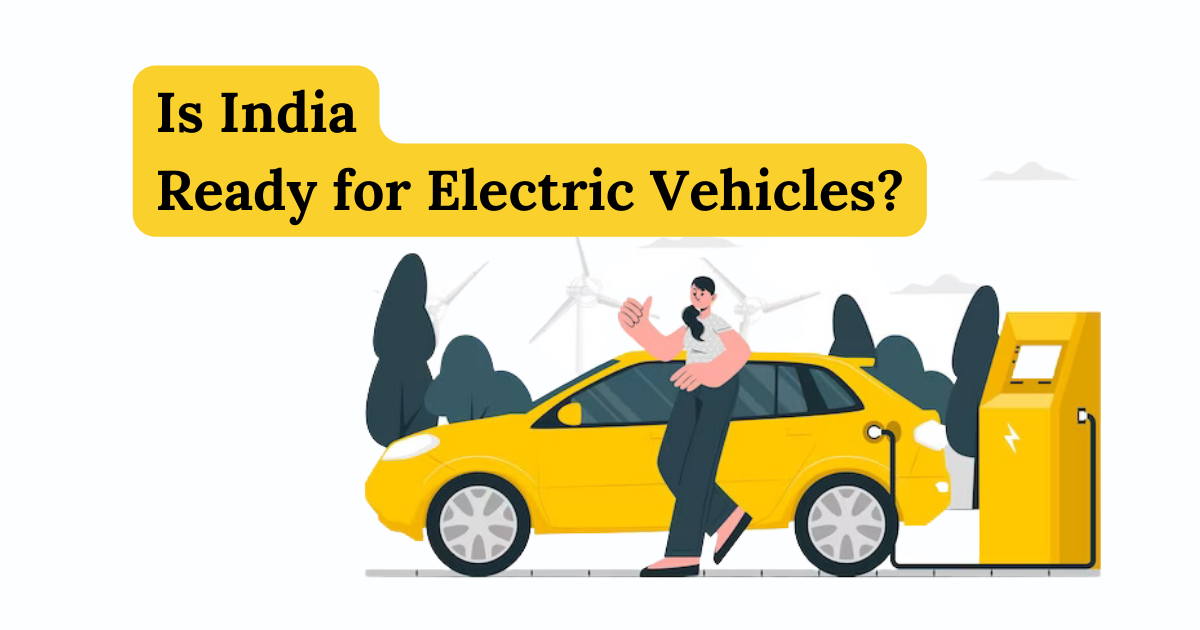

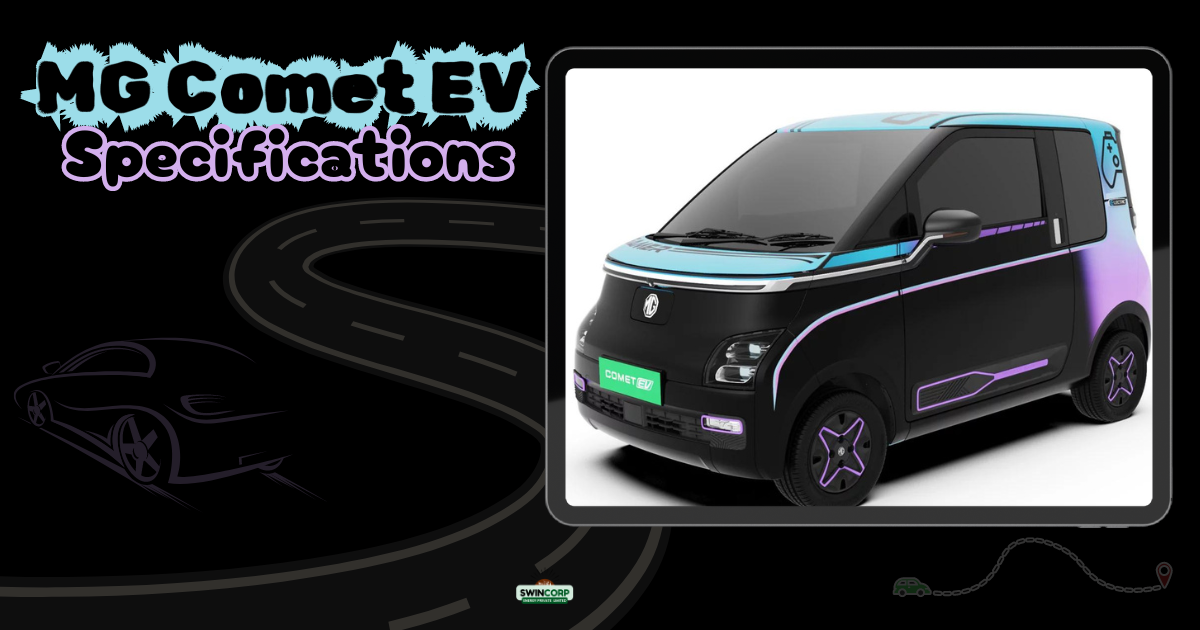


Nikhil
Hey I want to know more about ev vehicles
Swincorp Energy
Hi Nikhil, We’re working on a new blog post about the EVs. Stay tuned for more information
Best Rooftop Solar Panels for Your Home: Complete Guide - swincorp
[…] Is India Ready for Electric Vehicles ? […]
The Rise of Wind Energy in India - swincorp
[…] Disadvantages of HydropowerIs India Ready for Electric Vehicles ? […]
JSW Energy Share Price: What to Expect in 2023 - swincorp
[…] Disadvantages of Hydropower Is India Ready for Electric Vehicles ? […]
Top 5 Best Solar Lights for Your Home | Swincorp Energy - swincorp
[…] Is India Ready for Electric Vehicles ? […]
G20 Summit 2023: A Turning Point for the Global Economy - swincorp
[…] Disadvantages of HydropowerIs India Ready for Electric Vehicles ? […]
India's Largest Hydropower Plant : Koyna Hydroelectric Project - Swincorp Energy
[…] Disadvantages of HydropowerIs India Ready for Electric Vehicles ? […]
A Guide to Solar Inverters - Swincorp Energy
[…] Is India Ready for Electric Vehicles ? […]
Advantages of Geothermal Energy - Swincorp Energy
[…] Is India Ready for Electric Vehicles ? […]
Disadvantages of Hydropower | Swincorp Energy - Swincorp Energy
[…] Is India Ready for Electric Vehicles ? […]
Suzlon Share Price - Swincorp Energy
[…] Disadvantages of HydropowerIs India Ready for Electric Vehicles ? […]
Solar Trackers : Types, Pros, Cons | Swincorp Energy - Swincorp Energy
[…] Is India Ready for Electric Vehicles ? […]
Solar Panel Efficiency And Performance Metrics - Swincorp Energy
[…] Is India Ready for Electric Vehicles ? […]
Maruti Brezza CNG: Mileage, Review, Features - Swincorp Energy
[…] Is India Ready for Electric Vehicles ? […]
Tata Punch EV: Best Electric SUV under 15 Lakhs - Swincorp Energy
[…] Is India Ready for Electric Vehicles ? […]